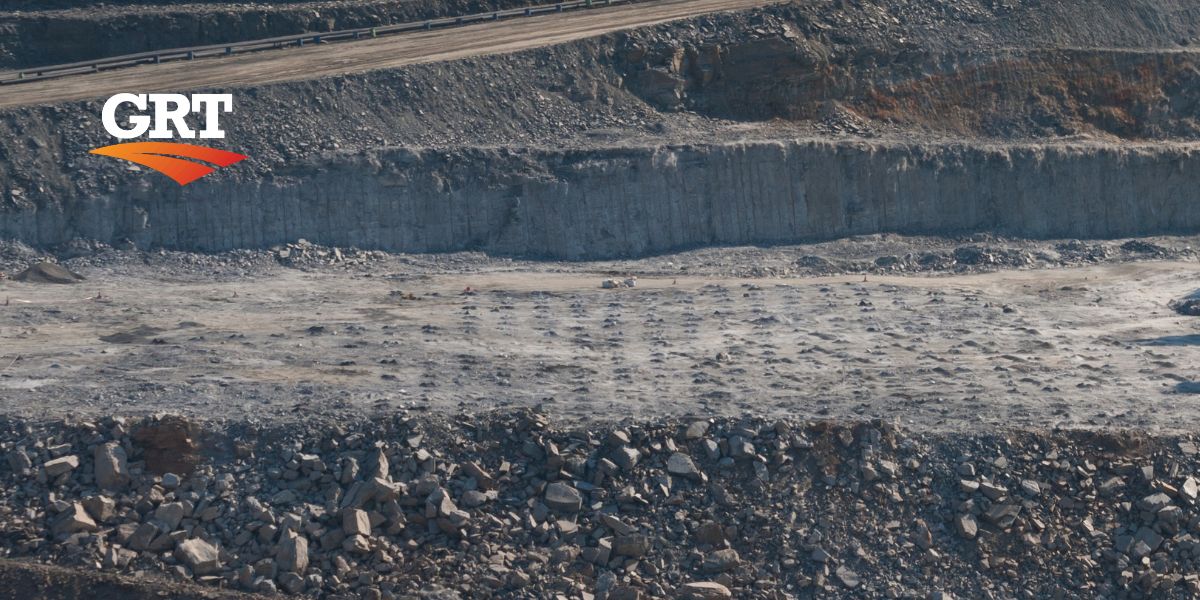Just 18 months ago, the world’s largest mining company found itself immersed in a nickel frenzy. BHP Group, amidst much excitement, had entered a significant deal with Tesla Inc. to supply the vital component for electric vehicles. It was on the brink of a fierce competition with Australian billionaire Andrew Forrest for control of one of the world’s most promising mines.
For BHP, nickel held the promise of a bright future. The company’s leadership had identified it as a crucial growth pillar, a forward-looking commodity that would help counterbalance its departure from fossil fuels and allow it to tap into the new demand driven by the global push for decarbonization.
However, fortunes have swiftly changed for BHP and other mining companies. The nickel market has been thrown into turmoil due to a flood of new supplies from Indonesia, resulting from substantial Chinese investments and major technological advancements. Mines worldwide face the risk of closure, while others are seeking state bailouts or facing bankruptcy. BHP, in particular, is now contemplating the fate of its flagship Nickel West mine in Australia.
Until recently, many of the industry giants were extremely optimistic about nickel’s prospects. This once-underrated metal, traditionally used in stainless steel production, has become a vital ingredient for electric vehicle batteries. A prolonged supply shortage was predicted, and mining companies eagerly embraced the opportunity to enhance their eco-friendly credentials.
Traditionally, nickel has been categorized into low-grade for stainless steel and high-grade for batteries. A significant expansion of low-grade production in Indonesia has resulted in a surplus, but innovative processing techniques have allowed this excess to be refined into high-quality material for the battery market.
Are environmental regulations, health and safety concerns or potential profit loss a concern right now?
As a consequence, nickel prices have plummeted by over 40% from a year ago, compounding the challenges in a market already grappling with weak demand and ongoing concerns about China’s economic situation. Macquarie analysts estimate that more than 60% of the global industry is operating at a loss at current price levels.
The severity of this downturn has led some in the industry to question the viability of most nickel mines outside Indonesia. It has also raised concerns among U.S. and European policymakers regarding China’s dominance in critical commodities, as its companies are at the forefront of Indonesia’s production.
“After witnessing the nickel market’s prolonged downturn and a 50% drop in metal prices, we now have some high-cost assets at risk,” said Tom Price, Head of Commodities Strategy at Liberum Capital Ltd. He added that mines in Western Australia and the French territory of New Caledonia are likely the most vulnerable.
In New Caledonia, once hailed as the future of nickel production in the South Pacific, the French government has been compelled to intervene to keep essential mines and plants operational, crucial to the territory’s economy. Negotiations with key stakeholders of three processing plants are ongoing, with no breakthrough so far.
Australia’s situation is equally grim. In addition to BHP’s assessment of its nickel assets, Panoramic Resources Ltd. suspended a critical mine after entering voluntary administration late last year when it failed to find a buyer or partner. An IGO Ltd. site and some operated by tycoon Andrew Forrest’s Wyloo Metals Pty Ltd. and First Quantum Minerals Ltd. will also be closed.
Producers in Western Australia are turning to government officials for assistance. At a crisis meeting last month, miners requested tax credits for downstream processing from the federal government.
However, even with production cutbacks starting to have an impact, they are unlikely to provide immediate relief to nickel prices, according to Allan Ray Restauro, an analyst at BloombergNEF. He explained, “The influx of supply from Indonesia is expected to continue exerting downward pressure on prices in 2024.”
This is because Indonesian production, which already accounts for half of the global supply, may prove resistant to output reductions. The Southeast Asian nation has emerged as a global nickel hub due to significant investments in efficient plants benefiting from inexpensive labour, low-cost power, and readily available raw materials.
Nonetheless, the rapid expansion of Indonesia’s nickel industry has faced criticism. Much of its production relies on coal-powered energy, resulting in higher emissions per ton compared to rival producers, and its swift expansion is leading to deforestation.
Producers like BHP had hoped that buyers paying a premium for so-called green nickel would help boost prices. However, there has been little evidence of this so far.
The company acknowledged late last year that automakers continue to be content with purchasing Indonesian nickel, indicating that there is little relief on the horizon for miners elsewhere anytime soon.
“Only a sustained increase in nickel prices can prevent these mine and project closures,” remarked Liberum’s Price. “Typically, only a recovery in nickel demand can achieve that.”
Dust suppression is a critical issue in the world of mining and resources.
Learn more about GRT’s industry-leading and IoT-connected SMART Dosing Units, and discover how we’re driving better dust suppression solutions for all!
If you’d like to talk with an expert, simply contact us!
Your feedback is important to us.
If you enjoyed reading this Global Road Technology industry update and found it informative, please let us know by leaving a REVIEW.
References:
https://www.mining.com/web/from-green-hype-to-bailouts-the-nickel-industry-has-imploded/
Troy Adams
Troy Adams is the Managing Director of Global Road Technology (GRT) Specialising in Engineered Solutions for Dust Suppression, Erosion Control, Soil Stabilisation and Water Management. A pioneering, socially conscious Australian entrepreneur, Troy Adams is passionate about health and safety and providing innovative solutions that are cost-effective to the mining industry, governments and infrastructure sectors. Troy is also a tech investor, director of companies like Crossware, Boost, Hakkasan, Novikov and more.

